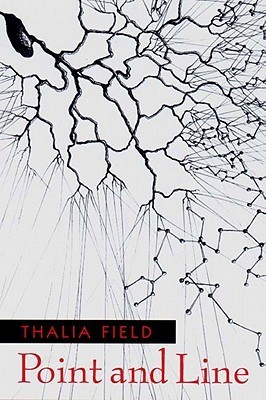‘Walking’ followed by ‘Hours’: two of the more original and fantastic reading experiences I’ve had, wisdom permeating every line (and, well, point)…and as a whole, few authors span such a wide body of knowledge with performative showing…fundamental, philosophical concepts of math, logic, science, living interwoven into language and art, expressing a mind open to making the necessary connections to further grasp existence in the limit at a neighborhood of a point and the continuity of a line and the space of their maps.

